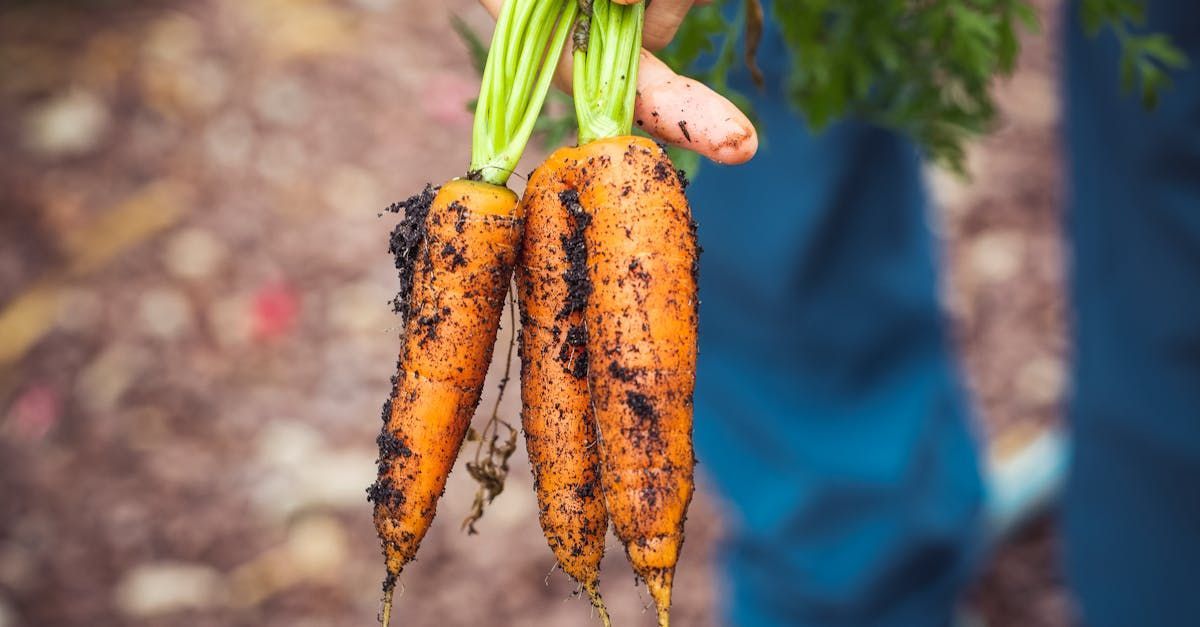Live Nourished Today, LLC
What is Lupus?
Lupus is an autoimmune disease that causes inflammation throughout the body. It is when the body’s defense system attacks healthy cells and tissues causing damage. Symptoms include rashes, muscle and joint pain, chest pain, fever, hair loss, fatigue, and sensitivity to sunlight. Lupus does not go away but treatment can help improve symptoms and prevent flare ups.
Foods to consume with Lupus:
• Fish: High in omega 3s helping reduce inflammation. Examples include salmon, mackerel, herring, sardines, and tuna
• Nuts & seeds: specifically walnuts, flaxseeds and hazelnuts
• Fruits and vegetables: high in vitamins, minerals and antioxidants to help prevent flare ups, limit nightshade vegetables.
• Whole grains: Quinoa, brown rice, whole grain bread and pasta
Foods to Limit with Lupus:
• Garlic
•Alcohol
• Alfafa sprouts
• Echinacea
• Nightshade vegetables: Eggplant, peppers, tomato, potatoes, tomatillos
• Processed foods: Fried foods like french fries and fried chicken can cause more inflammation to the body
• Added sugar/simple carbohydrates: sweets such as donuts, candy, cupcakes, baked goods
Supplements recommended:
• Vitamin D: Suplmeneting vitamin D can play an important role in the immune system and bone health. It can help improve symptoms and have anti-inflammatory effects, helping manage lupus.
• Omega 3: This may help reduce the inflammation in your body and may decrease (SLE) lupus activity.
Lifestyle Changes to help:
• Consume an anti-inflammatory diet
• Perform low-impact physical activity such as walking, yoga, pilates, swimming, barre
• Get enough sleep and rest
• Manage stress: Practice mindfulness, meditation, and don’t put so much on your plate if it will cause you a lot of stress
• Limit time in the sun
• Take medications as directed
• Lean on your support system



